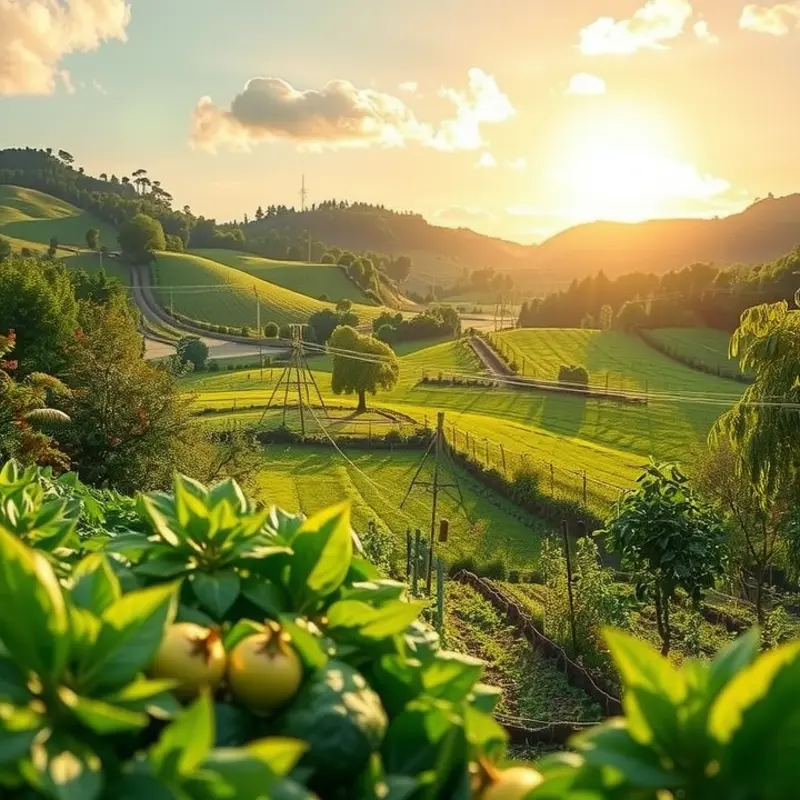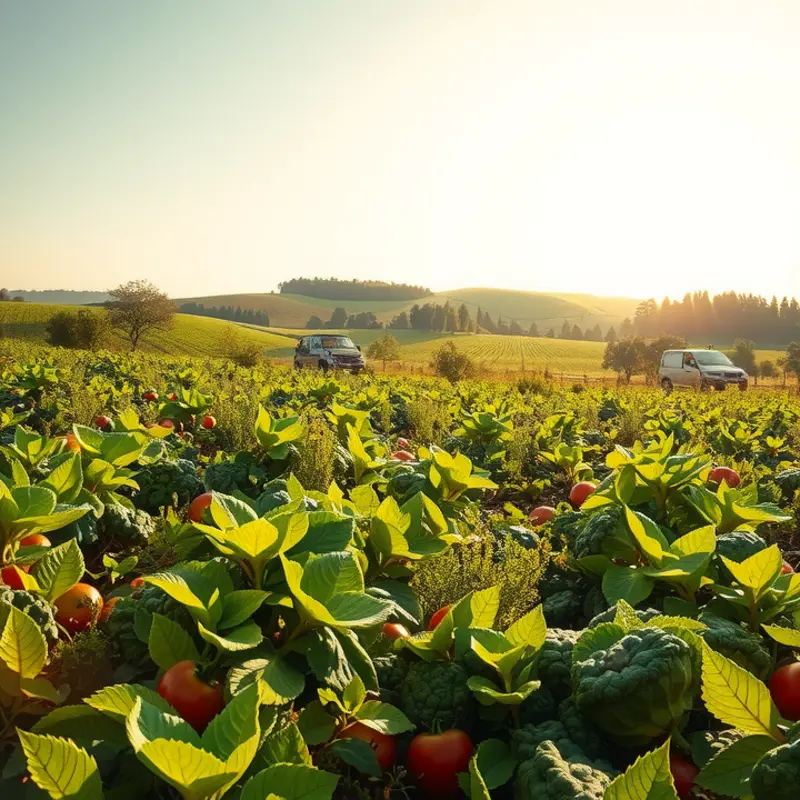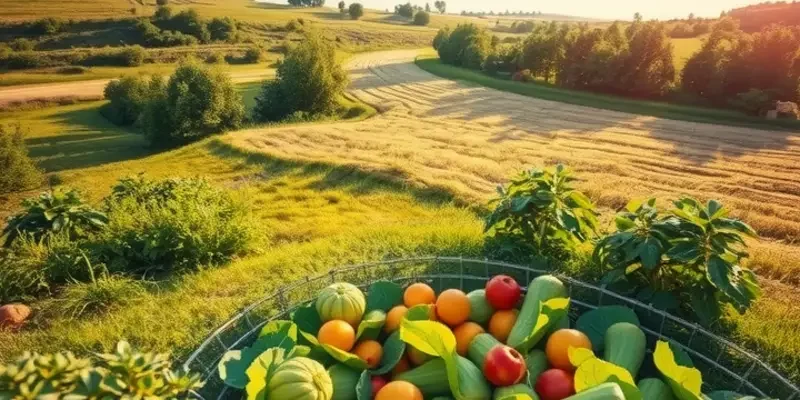As more individuals embrace environmentally-friendly lifestyles, the need for sustainable food storage solutions becomes paramount. Food storage not only impacts food freshness and safety but also plays a crucial role in reducing waste and conserving resources. By choosing eco-conscious materials and practices, you can significantly minimize your environmental footprint while maximizing the lifespan of your food. Discover innovative ideas and practical solutions designed to fit your green kitchen philosophy.
Choosing Sustainable Materials

Choosing the right materials for food storage can make a world of difference in reducing our ecological footprint. Unlike commonly used plastic containers that contribute to landfill waste and environmental pollution, materials such as glass, stainless steel, and beeswax wraps present a more sustainable alternative.
Glass Containers:
Glass is a favorite among eco-conscious individuals aiming to curtail plastic usage. It’s infinitely recyclable and free from harmful chemicals that could leach into your food. Moreover, glass containers are excellent for preserving food due to their non-porous nature, which prevents residue buildup and odor transfer. Their clarity also allows for easy identification of contents, minimizing food waste.
Stainless Steel Solutions:
Stainless steel offers durability and strength, making it a reliable option for eco-friendly storage. These containers are resistant to rust and stains, ensuring they endure years of repeated use. Light-weight and versatile, stainless steel can also be used for both storage and transport, making them practical for eco-conscious on-the-go lifestyles. For those interested in food safety and reducing waste, safer storage of sauces highlights similar techniques in food preservation.
Beeswax Wraps:
For those looking to eliminate single-use plastics, beeswax wraps are a game changer. Made from organic cotton infused with beeswax, they are the perfect stretchy and reusable alternative to plastic wrap. These wraps can be easily molded around food or containers using the warmth of your hands. They keep produce fresher for longer by allowing the produce to breathe, enabling moisture and gases to escape rather than trapping them in, which can accelerate spoilage.
Each of these materials plays a vital role in a sustainable kitchen by reducing plastic reliance and enabling effortless adoption of eco-friendly practices. While the initial investment might be higher than buying plastic options, their longevity and positive environmental impact justify the cost. This thoughtful selection of materials promotes a lifestyle that actively contributes to a greener planet, making sustainable living achievable one container at a time.
Innovative Food Storage Practices

Sustainability in the kitchen begins with how we store our food. Beyond reducing waste, innovative storage techniques can significantly extend the shelf life of your groceries, ensuring freshness and reducing the frequency of shopping trips. By embracing practices like proper frosting, vacuum sealing, jar preservation, and the use of compostable bags, you can cultivate an eco-smart kitchen that respects both the planet and your budget.
Frosting food properly can be transformational. When freezing, ensure each item is at room temperature before storage. This practice prevents the freezer from working overtime and curtails freezer burn, a common quality killer. Wrap items in moisture-resistant materials and label containers clearly with dates. It’s an art to align what goes in and what comes out, and maintaining an effective rotation minimizes spoilage.
Vacuum sealing, once isolated to professional kitchens, is now accessible to home cooks seeking longer-lasting food storage. The process involves removing air from storage packages, thus reducing oxidation—a major cause of food degradation. This technique shines particularly for proteins and delicate berries, keeping them preserved for months without compromise. Additionally, vacuum-sealed bags are reusable when cleaned properly, decreasing reliance on single-use plastics.
Incorporating jar preservation into your storage repertoire can be satisfying and rewarding. Home preservation, using glass jars, harnesses the longevity of traditional canning. It is particularly effective for fruits, vegetables, and liquid-based foods like soups and sauces. This method requires sterilizing jars and using airtight sealing to prevent bacterial growth—essential for maintaining food safety. Glass jars, as opposed to plastic, do not leach chemicals and are infinitely recyclable, further aligning with eco-conscious principles.
Lastly, the adoption of compostable bags offers an environmental alternative to regular plastic bags. Designed to break down efficiently, these bags can hold a variety of food items while remaining eco-friendly. Whether used for refrigerated produce or carrying snacks, they ensure less plastic clogs our oceans and landfills. You can find further insights on safely storing various food types in this guide on low waste cooking prep.
Each of these storage methods provides a unique benefit. By integrating even one or two into your routine, you can significantly reduce food waste and extend the usability of the products you purchase. Moreover, these practices are scalable and adaptable to any kitchen setup, making eco-conscious food storage accessible to all. As you embark on this path, the environmental impact is logarithmic—small changes ripple outward, fostering a culture of sustainability that supports healthier living and a healthier planet.
Final words
Choosing eco-conscious food storage solutions is an essential step toward a more sustainable lifestyle. By opting for materials like glass, stainless steel, and beeswax wraps, and implementing waste-reducing practices, you actively contribute to environmental preservation while enjoying fresher food. Embrace these solutions as part of your daily routine and inspire others to join the green movement. Your small, mindful choices not only support your health but also safeguard our planet for future generations.








